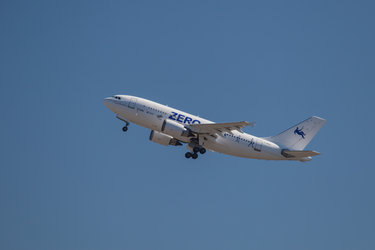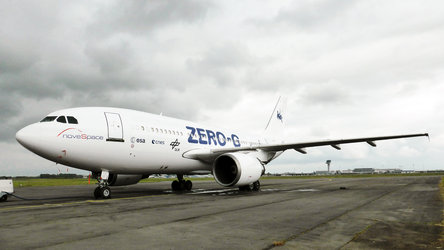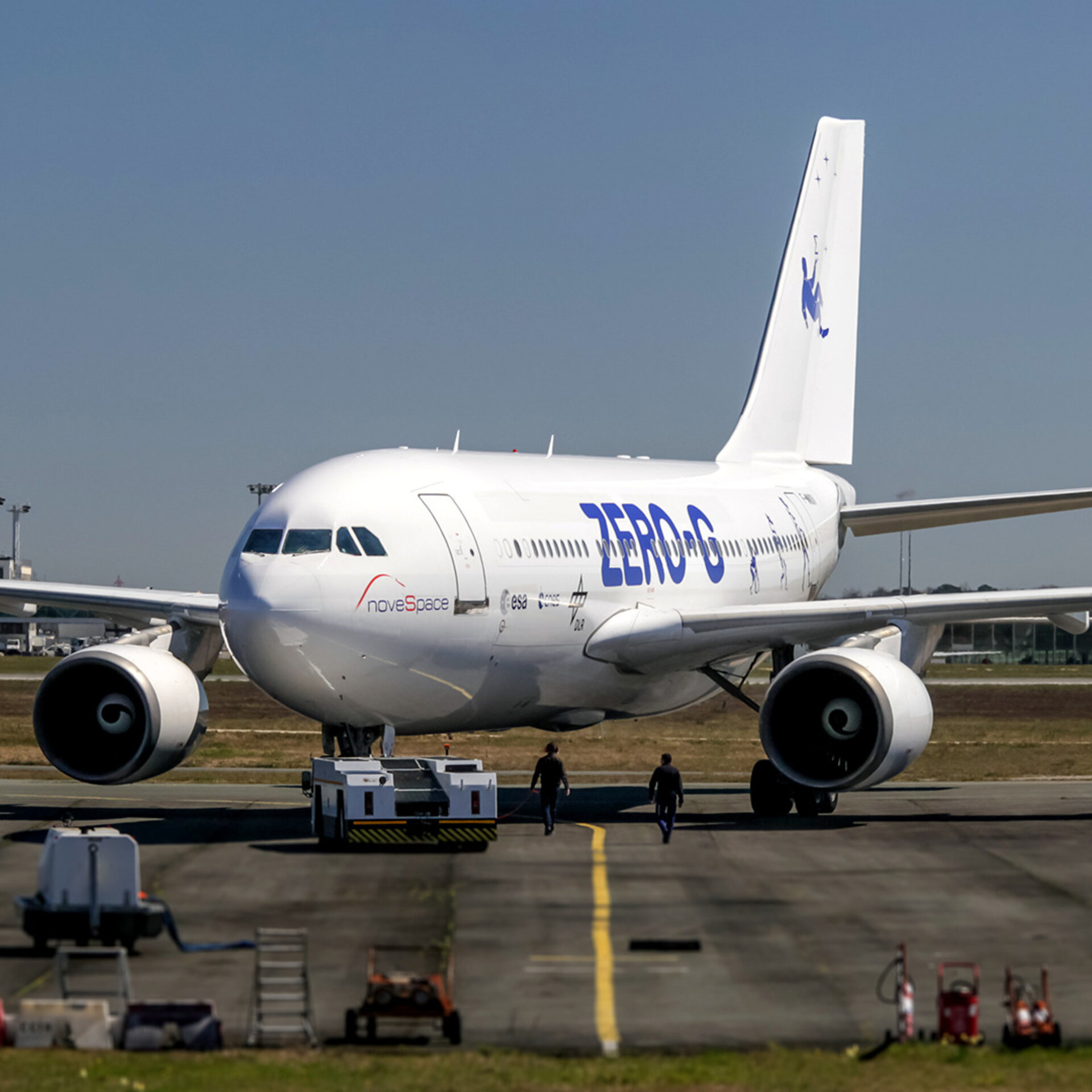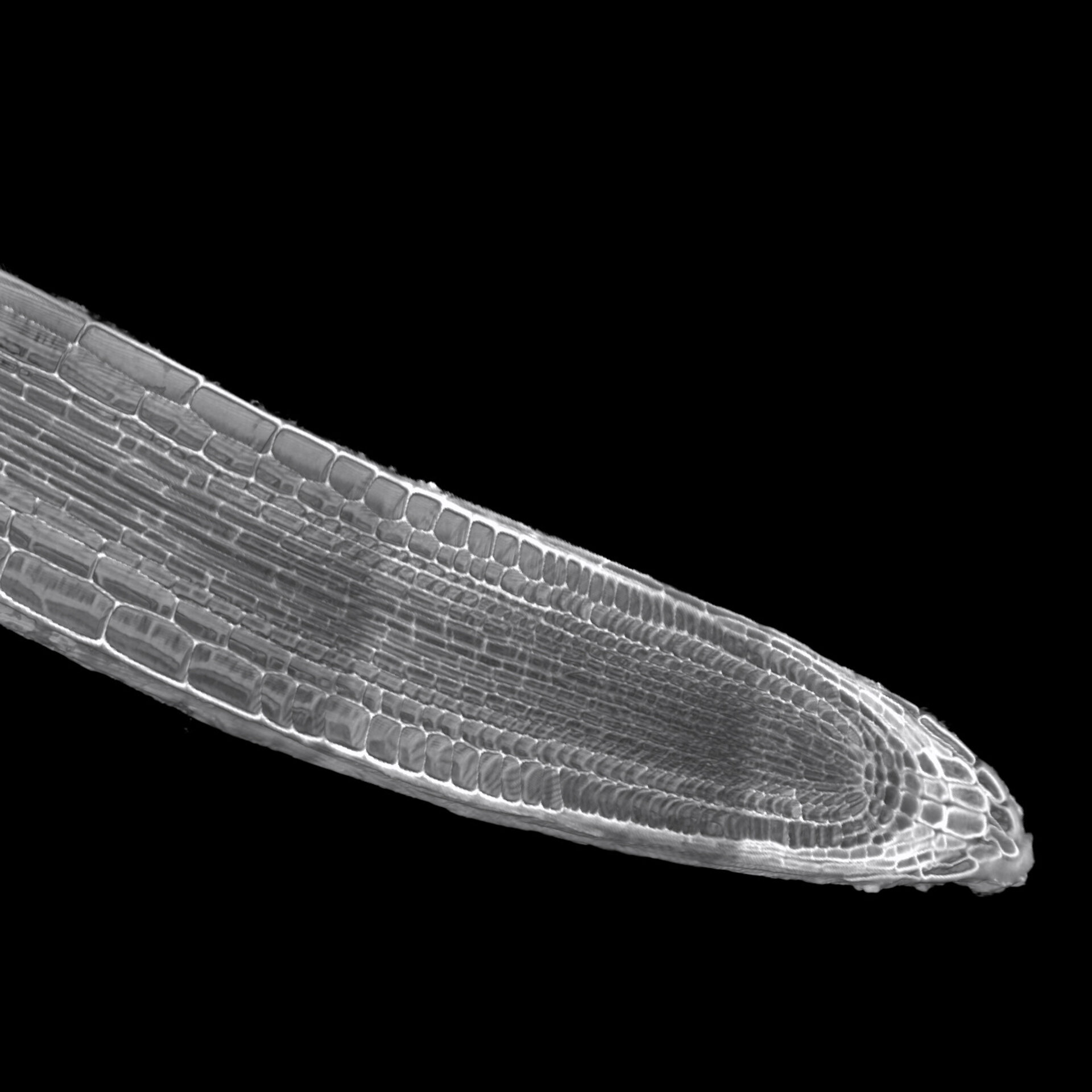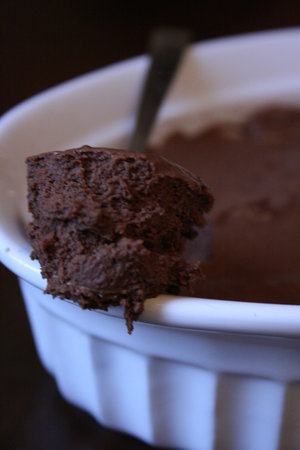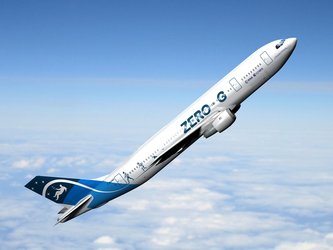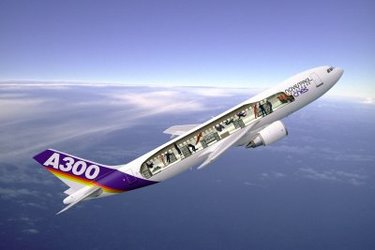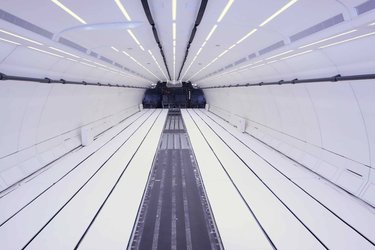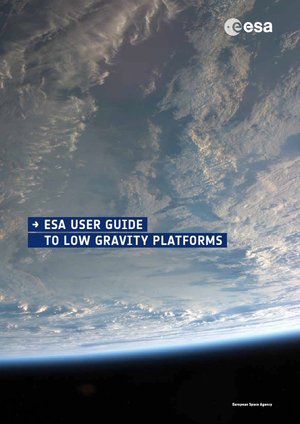Lost in space
The ability to text on your phone while walking uses a whole set of sensory skills. Millions of years of evolution turned the human brain into a sophisticated organ that can navigate new environments while multitasking – a super homo sapiens able to walk and text at the same time.
These multitasking and navigational skills suffer when in space and European scientists think the key is in the system that provides our sense of balance and orientation called the vestibular system.
Our brains use the vestibular system to measure gravity. The inner ear helps us keep the balance, control our body posture and stabilise our gaze as we move.

“The role of the vestibular system in spatial navigation and memory has been largely underestimated,” explains Stephane Besnard, researcher of neuro-sensory disorders from the University of Caen in France.
The vestibular system works with the visual system to regulate our body clock, hormones and temperature. Over the last decade, scientists are looking more into its cognitive effects.
Several brain functions are impaired in space and researchers believe that understanding the sensory system is the key to finding the right countermeasures. Removing the sense of weight could have a direct impact on the performance of astronauts in the long term.
“A dramatic decrease in spatial learning and memory in astronauts could impact interplanetary missions,” adds Stephane. Astronauts could be too ‘spaced out’ to properly teleoperate a robotic arm or dock a spacecraft.
Any aids that the researchers come up with would help patients suffering from impaired cognition such as Alzheimer’s disease, depression or dementia.
Game on, gravity off

Over 50 volunteers were asked to find a virtual gold coin in a 3D maze. The tricky part is that they only had 20 seconds to do it – in weightlessness.
Three parabolic flight campaigns run by ESA and France’s space agency CNES have taken the challenge to the skies on the Zero-G aircraft. During parabolic flights, participants had to find the reward as fast as possible.
“The game takes the level of complexity to a different level, and allows us to explore cognitive functions in more detail,” says Stephane. Saliva and blood samples were taken to assess the level of stress during each task.
Preliminary results show that there is a significant deficit in spatial memory, and first-time flyers found it more difficult to orientate themselves in the maze compared to those who had experienced weightlessness in the past.
The experiment is set to fly to the International Space Station in a few years with the ultimate goal of investigating the effects of microgravity on spatial navigation and memory. Astronauts will wear a virtual-reality headset to perform the experiment.











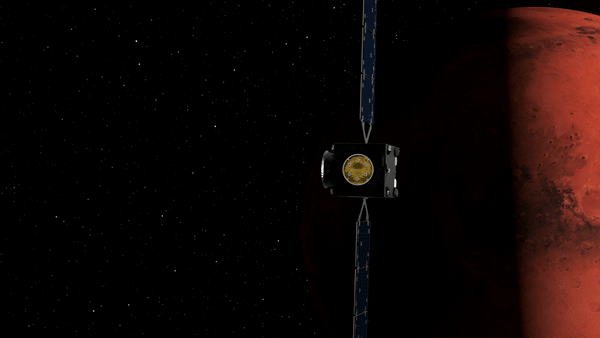



 Germany
Germany
 Austria
Austria
 Belgium
Belgium
 Denmark
Denmark
 Spain
Spain
 Estonia
Estonia
 Finland
Finland
 France
France
 Greece
Greece
 Hungary
Hungary
 Ireland
Ireland
 Italy
Italy
 Luxembourg
Luxembourg
 Norway
Norway
 The Netherlands
The Netherlands
 Poland
Poland
 Portugal
Portugal
 Czechia
Czechia
 Romania
Romania
 United Kingdom
United Kingdom
 Slovenia
Slovenia
 Sweden
Sweden
 Switzerland
Switzerland



























